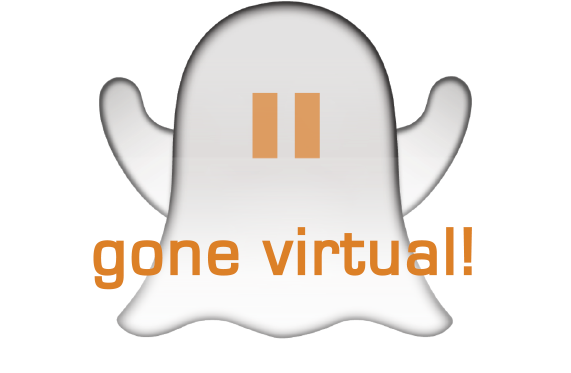
Case Study
Shifting Mindsets & Leadership Culture to Boost Motivation, Engagement and Talent Retention
Banking

Shifting Mindsets & Leadership Culture to Boost Motivation, Engagement and Talent Retention
In the industry that forms the backbone of the economy in Lebanon, let alone the harshness of the market, the conditions of the world economy and its requirements, and the challenges of growth that banks are faced with, training and development of the human potential becomes as much as a duty as it is a belief of HR and senior leadership.
In such an arena, many Banks, one of which is “Bank B”, have resorted to mergers and acquisitions coupled with innovative marketing strategies and aggressive recruitment and retention plans to gather what it takes to be among the top alpha banks of the country.
These strategies, along with the growth they secure, bring a series of challenges related both to the newcomers and the current veterans. To name a few, some of these are:
- Unifying the performance and the employee satisfaction with management culture (which accompanies the competitive growth strategy and rolling that down to the farthest of the organization structure),
- Building high performance teams that deliver under the stress of daily operations and the strain of market conditions,
- Creating a sustainable motivation central that derives its momentum from the way leadership handles teams on day to day basis,
- Optimizing employee turnover to serve the sustainability of the bank’s vision and strategies and its execution excellence.
In addressing those challenges, “Bank B” and “trace partnered with an objective, a management plan and an execution strategy for the purpose of reaching the set goals.
The Solution
Looking deeper into what makes people leave their job would almost guarantee an answer that name the relationship with the manager. On another note, being “happy” at work ensures a higher engagement and thereafter more productivity. The great thing about these 2 facts is that the prime influencer of both is none but the team leader.
This is where the thinking started.
“Nothing changes if nothing changes” we thought. So in order to engage the team members, collectively as well as individually, managers needed to do the things they do, the things they say and even think and believe, differently.
It all started with a pre-project survey that bench-marked the current status of motivation and outlined the challenges team members and their leaders face in their dealings. A set of KPIs and objectives were identified for the team, with special attention given to some influence centres and few other areas and persons described as “challenging”.
The project was rolled out from top- down to cover the Chairman’s office, the bank’s directors, its seniors, as well as middle and branch managers. Over 300 leaders were trained, coached, motivated and followed-up with for the change sought.
The workshop, and later on, the scheduled executive coaching sessions, attended by more than 300 leaders, equipped the participants with the skills needed to evaluate and act on motivation patterns, identify and use communication styles and cues effectively for influenced and enhanced performance, construct a reinforcing beliefs culture that boosts productivity, build effective teams, coach for development, delegate for organizational and personal growth as well as for the increased job satisfaction, manage change, follow up, and implement the sought after agile culture.
Throughout the workshop, participants practiced the newly acquired tools and techniques on real personal cases. They were individually coached on those and were fuelled and challenged to practice their insights and acquired know-how both to solve the presented issues as well as to plot the learning back into the work place. At the end of the workshop, the Leaders were requested to commit to an action plan related to both personal objectives as well as to ones concerning their teams. These action plans were then used for follow- up and executive coaching.
The pre-project survey was rolled over another time a few months after the project ended, and results were enhanced on every level.
To us, it was the recording of another success of “trace’s methodology and know-how delivery and another place where our team left a trace and people were capacitated.



